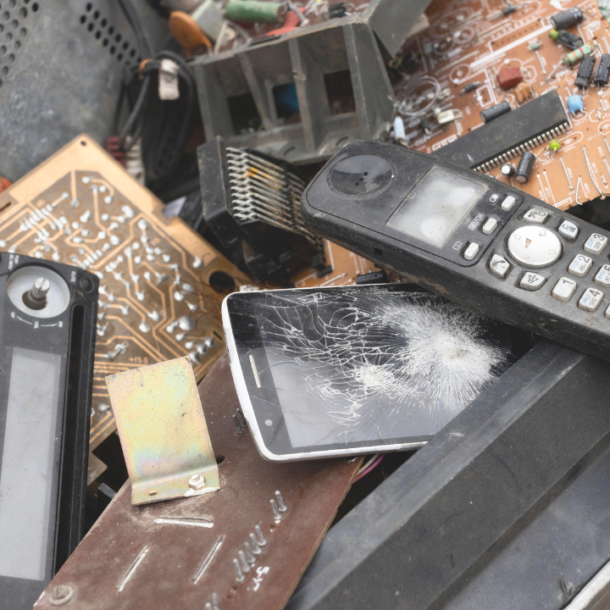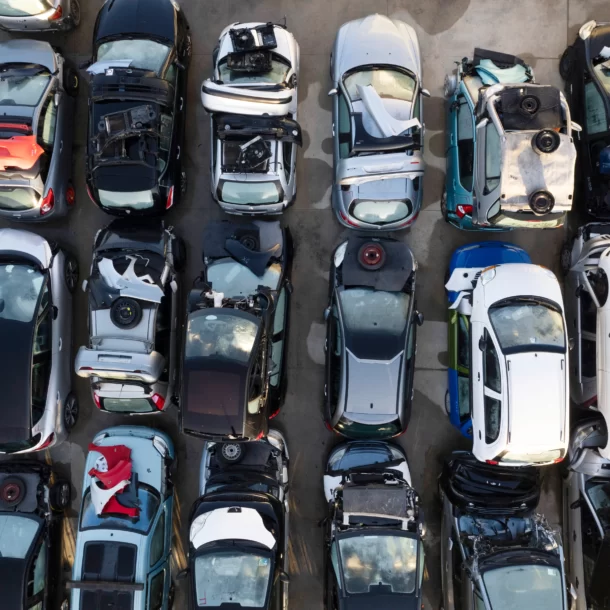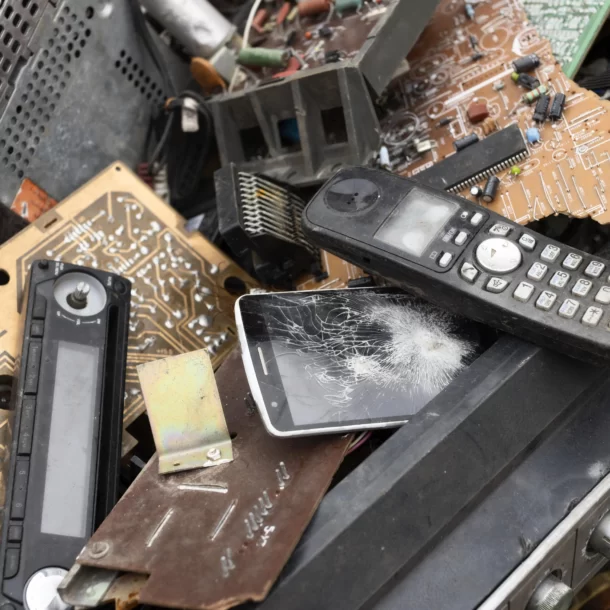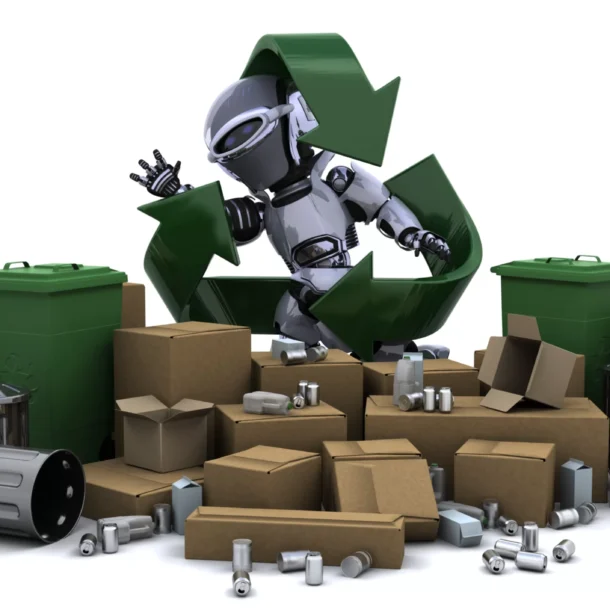
In India, e-waste recycling poses significant challenges due to its growing volume and complex
nature. Here are key points highlighting these challenges and strategies for sustainable solutions:
- Volume of E-Waste:
India is one of the largest producers of electronic waste globally, with millions of tons generated each year. The sheer volume of e-waste presents a daunting challenge for recycling facilities and infrastructure to handle effectively. - Informal Recycling Sector:
A significant portion of e-waste in India is processed through informal recycling channels, which often lack proper infrastructure and safety measures. This informal sector contributes to environmental pollution and health hazards for workers due to improper handling of hazardous materials. - Lack of Awareness:
Many people in India are unaware of the importance of proper e-waste disposal and recycling. Lack of awareness leads to improper disposal practices, such as dumping electronic devices in landfills or burning them, which can release harmful toxins into the environment. - Technological Complexity:
Electronic devices contain a wide range of materials, including metals, plastics, and hazardous substances such as lead and mercury. Recycling these materials requires advanced technologies and specialized processes, which may not be readily available or accessible in India. - Regulatory Challenges: While India has regulations in place for e-waste management, enforcement and compliance remain major challenges. Weak enforcement mechanisms and limited resources hinder effective implementation of these regulations, allowing illegal dumping and improper disposal to persist.
- Infrastructure Gap: The lack of adequate infrastructure for e-waste collection, transportation, and recycling further exacerbates the challenge. Remote areas often lack access to recycling facilities, leading to e-waste being accumulated or disposed of improperly.
- Health and Environmental Impacts:
Improper handling and disposal of e-waste pose significant health and environmental risks. Exposure to hazardous chemicals and heavy metals from electronic devices can lead to adverse health effects, while environmental pollution threatens ecosystems and biodiversity.
Strategies for Sustainable Solutions:
- Public Awareness Campaigns:
Educating the public about the importance of e-waste recycling
through awareness campaigns, workshops, and educational programs can encourage responsible
disposal practices. - Formalization of Informal Sector:
Integrating informal recyclers into formal e-waste recycling systems by providing training, support, and incentives can improve safety standards and environmental outcomes. - Investment in Technology:
Investing in advanced recycling technologies and infrastructure can enhance the efficiency and effectiveness of e-waste recycling processes, enabling better recovery of valuable materials. - Strengthening Regulations:
Enforcing existing regulations and implementing stricter measures to ensure producer responsibility, proper disposal, and recycling of e-waste can help address compliance issues and prevent illegal dumping. - Extended Producer Responsibility (EPR):
Implementing EPR policies that hold manufacturers responsible for the end-of-life disposal and recycling of their products can incentivize sustainable design and promote closed-loop systems. - Public-Private Partnerships:
Collaboration between government, industry, and civil society can facilitate the development of comprehensive e-waste management solutions, leveraging resources and expertise from various sectors. - Capacity Building:
Providing training and capacity-building programs for stakeholders involved in e-waste management, including recyclers, policymakers, and community members, can enhance knowledge and skills for sustainable practices.
Conclusion:
Addressing the challenges of e-waste recycling in India requires a multi-faceted approach involving
awareness-raising, policy intervention, technological innovation, and collaboration among
stakeholders. By implementing sustainable solutions and adopting responsible practices, India can
mitigate the environmental and health risks associated with e-waste while promoting resource
conservation and circular economy principles. Through concerted efforts and collective action, a
cleaner and greener future for e-waste management in India is attainable.
e-waste recyclingE-Waste Recycling Challenges in India: Strategies for Sustainable SolutionsSustainable Solutions



